Oct 11, V7N- Gulf states, including Saudi Arabia, the UAE, and Qatar, are actively lobbying the U.S. to prevent Israel from launching an attack on Iran's oil facilities due to concerns about potential retaliation from Iran. These Gulf countries fear that their own oil sites could be targeted by Tehran’s proxies if the conflict escalates. As part of their strategy to avoid being caught in the crossfire, they have refused to allow Israel to use their airspace for any such military action, and they have communicated this to Washington.
Tensions are high following Israel's warning to Iran that it will retaliate for a recent missile attack, while Iran has threatened massive destruction if attacked. Iran has been trying to convince its Gulf neighbors to use their influence with the U.S. to prevent any Israeli strikes on its oil infrastructure. During meetings, Iran warned Saudi Arabia that it could not ensure the safety of the kingdom's oil facilities if they provided any assistance to Israel, either directly or indirectly.
The Gulf states' concerns stem from the possibility that any conflict between Israel and Iran could quickly escalate into a regional war, dragging in neighboring countries and impacting global oil supplies. Notably, oil-producing states like Saudi Arabia and the UAE, which control a significant portion of the world’s spare production capacity, fear that an attack on Iranian oil facilities could lead to retaliatory strikes on their own oil infrastructure. This would cause global oil prices to spike, potentially destabilizing the global economy.
While Gulf countries have taken diplomatic steps to avoid conflict, such as expressing concerns to the U.S. and discussing the issue with Israeli and Iranian officials, they are also preparing for possible military responses. Israeli officials have hinted at a potential strike on Iran's oil facilities, but the decision has not yet been made. The Gulf states are advocating for de-escalation, aware of the potential devastation that could arise from a wider regional conflict and its impact on the global economy, especially oil markets.
This crisis is occurring against the backdrop of broader geopolitical considerations, including the U.S. presidential election in November 2024. Rising oil prices could harm the U.S. economy and complicate Vice President Kamala Harris's chances in her run for the presidency. The Gulf states, particularly Saudi Arabia, are focused on maintaining regional stability and avoiding being drawn into a "missile war" that could have far-reaching consequences for global oil supply and security.
END/WD/RH/



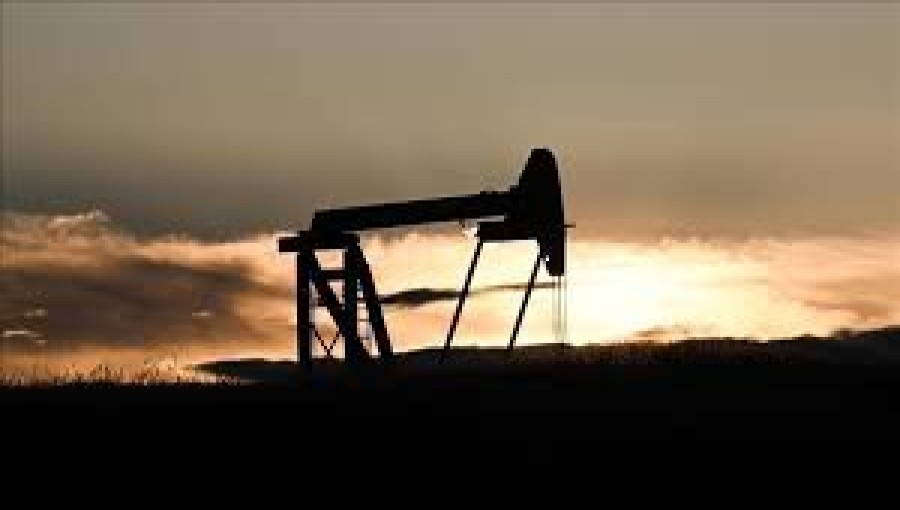
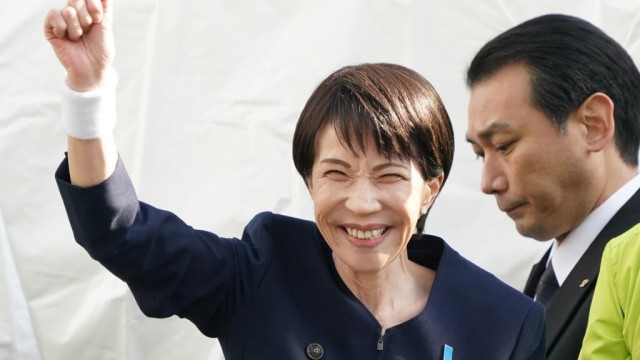


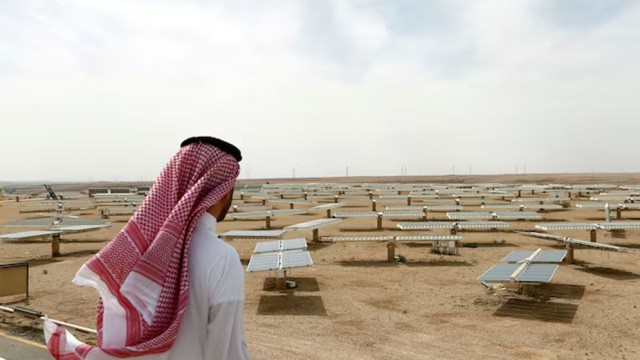

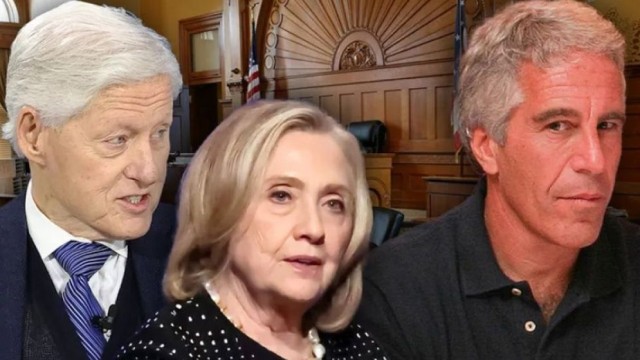
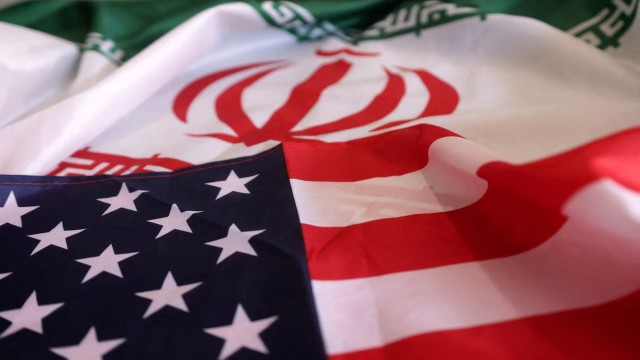



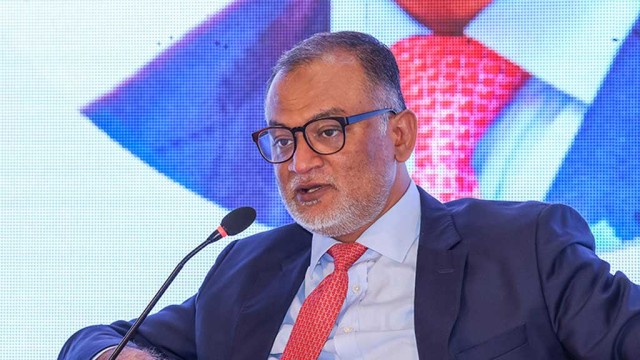














Comment: